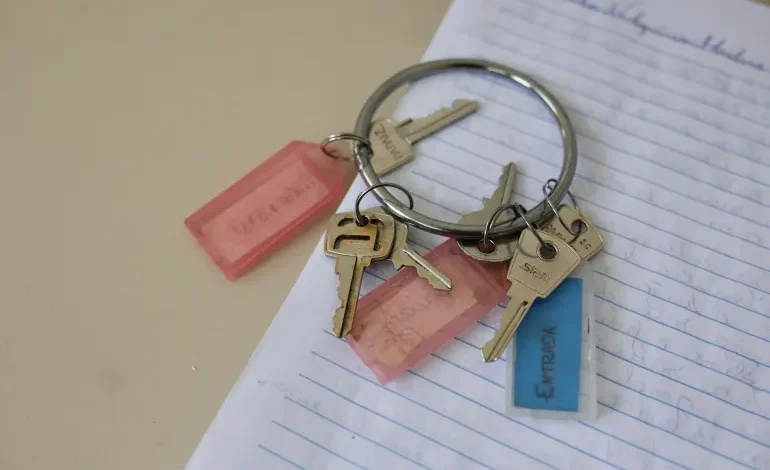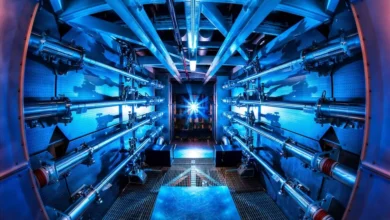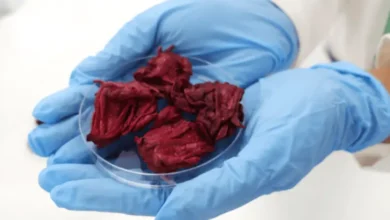In Brazil, prisons without guards offer inmates path to recovery

When Israel Domingos was convicted of drug trafficking four years ago, the 34-year-old Brazilian never imagined he would ultimately end up in a prison where he would be handed the keys – and choose not to run away.
“Before I came here, all I could think about was escaping from jail,” he told Al Jazeera during a recent tour of the prison in the eastern Brazilian city of Sao Joao del-Rei. “I saw myself on the street, a gun in my hand, making money from large amounts of drugs.”Now, Domingos says he wants to return to the prison, run by the Association for Protection and Assistance of Convicts (APAC), to be a social worker after he completes his sentence. He was moved to the APAC facility after a year in regular prison.
APAC, a Brazilian non-profit that advocates for better treatment of prisoners, has a unique model in the dozens of facilities it manages across the country. Inmates oversee security and discipline, make their own food and wear their own clothes. Referred to as “recovering persons”, prisoners are called by their name rather than by a number.
The more than 400 inmates in the Sao Joao del-Rei APAC facility have the keys to their own cells – and unlike in a typical prison, there are no armed guards monitoring their movements.
This is a far cry from the norm in Brazil, where the total prison population exceeds 800,000. The country’s human rights ministry has cited inhumane conditions, including rotten food and torture, inside prisons in the state of Rio Grande do Norte, which led to deadly rioting this past March.
In 2021, a report from the Inter-American Commission on Human Rights said that across Brazil, inmates were “often held in overcrowded and structurally deficient prisons, maltreated, and frequently subjected to torture”.
In APAC prisons, cells appear clean, food is fresh and education is part of the rehabilitation programme. In terms of recidivism, while the Brazilian state reports its national average at 39 percent after five years – a number much lower than the 80 percent cited by international observers – APAC says its facilities have a rate of around 14 percent.
Leonardo Henrique, who is serving a 19-year sentence for drug trafficking, said that after being treated with dignity at the APAC facility in Sao Joao del-Rei, he renounced crime.
‘Waste of time and life’
Denio Marx, an international relations manager with the International Center for the Study of the APAC Method, an organisation that assists with research and training at these facilities, said convicts of all types of crimes were accepted, although drug-related offenders were the most prevalent.










